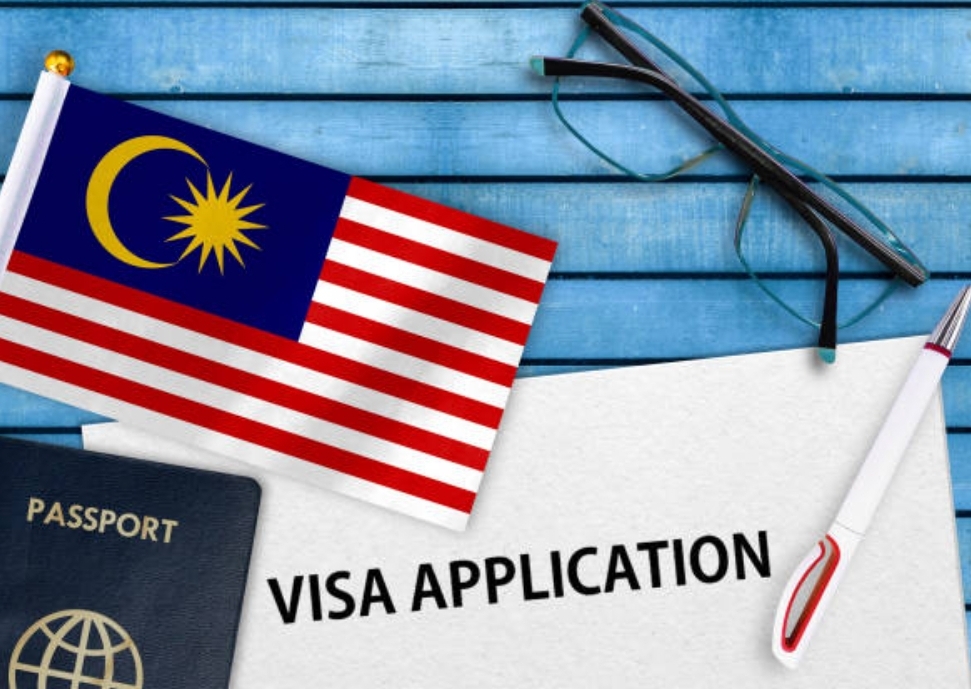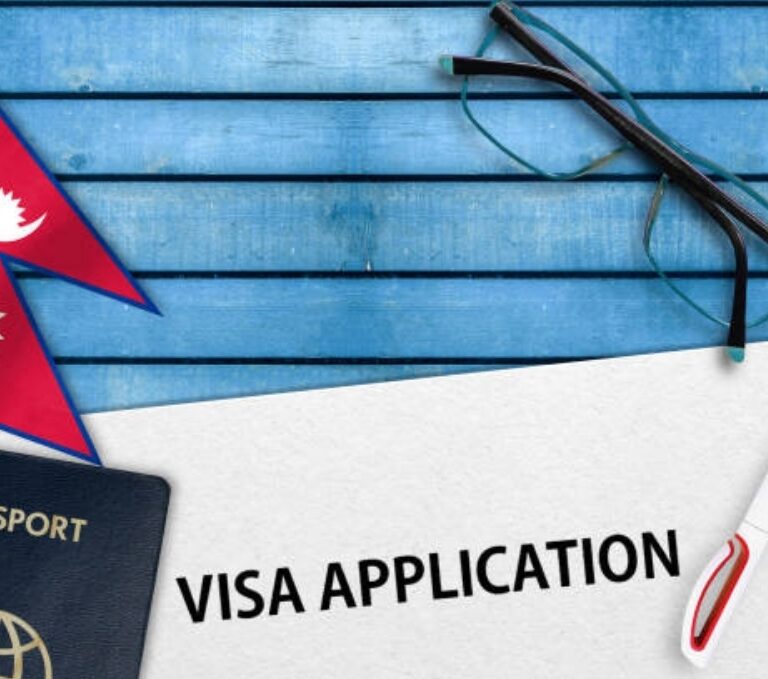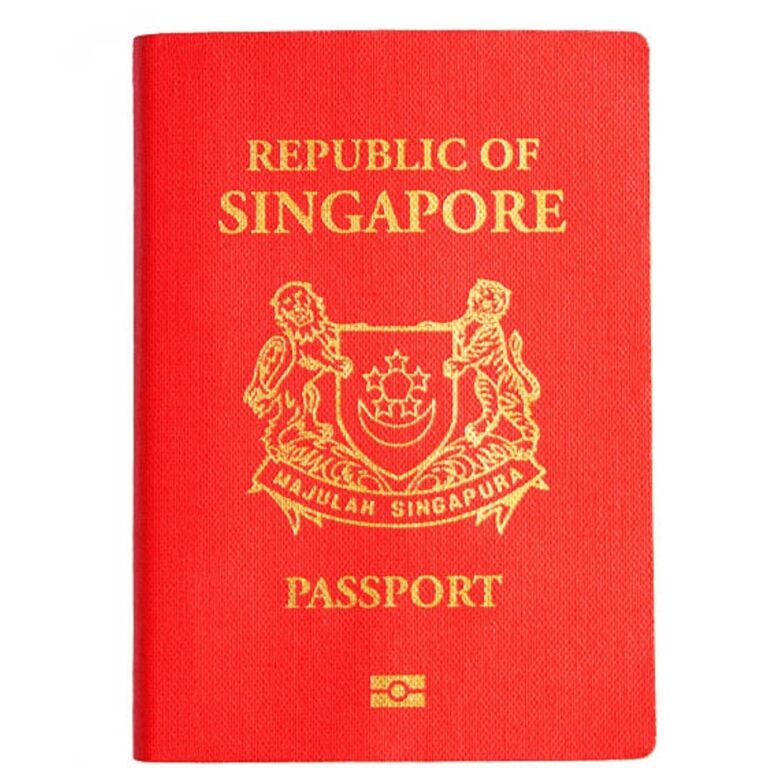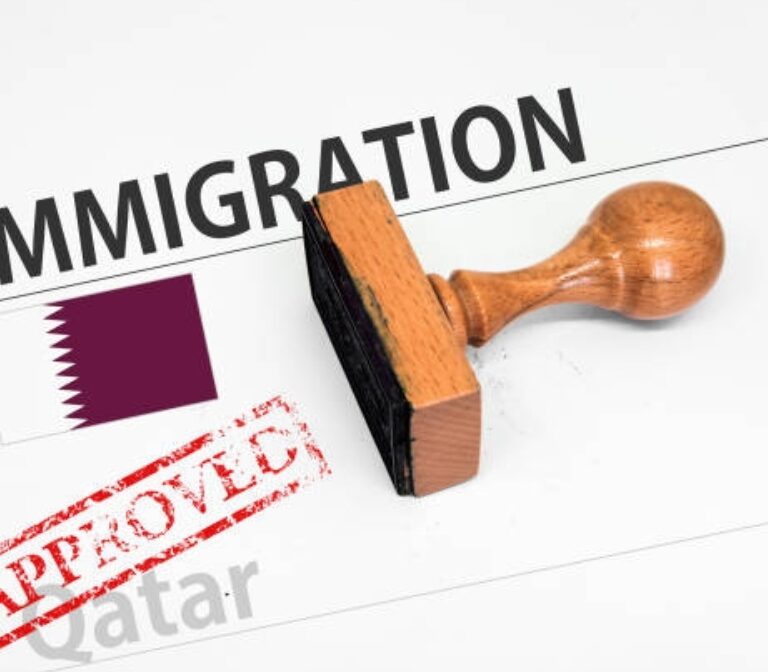Top Countries with VISA Sponsorship for Immigrant Job Applications
In an increasingly globalized world, the opportunities for skilled workers to find employment abroad have expanded significantly. Many countries have developed visa sponsorship programs to attract talented immigrants, providing pathways for individuals to start new lives and careers in foreign lands. These programs not only help bridge skill gaps in various industries but also foster cultural diversity and economic growth. This guide explores the top countries offering visa sponsorship for immigrant job applications, detailing the entry-level job prospects, salary scales, hiring companies, visa types, job opportunities, application requirements, and employment websites. Whether you’re a recent graduate or a seasoned professional, understanding these aspects can help you navigate your international job search more effectively.
Entry Level Jobs for Some of the Countries
For those starting their careers, several countries offer robust entry-level job opportunities with visa sponsorship. Canada is a prime example, known for its welcoming immigration policies and diverse job market. In Canada, industries such as technology, healthcare, and engineering are particularly open to hiring international talent. The Global Talent Stream program expedites the visa process for highly skilled workers, including entry-level positions in tech startups and healthcare facilities.
Germany also stands out as a destination for entry-level workers, particularly in the fields of engineering, IT, and manufacturing. The country’s Blue Card program allows non-EU nationals to live and work in Germany, provided they have a job offer with a minimum salary threshold. This program is ideal for young professionals looking to gain experience in one of Europe’s strongest economies.
Regions with the Highest Payment Structures for Some of the Countries
When considering relocation for work, the potential earnings in different regions can be a significant factor. Switzerland is renowned for its high salaries and excellent quality of life. Cities like Zurich and Geneva offer some of the highest payment structures, particularly in finance, pharmaceuticals, and engineering sectors.
In Australia, regions such as Sydney and Melbourne are known for lucrative salaries, especially in technology and mining industries. The demand for skilled workers in these regions is high, driving up wage levels and making them attractive destinations for immigrants.
Salary Scale for Some of the Countries for the Immigrants
| Country | Average Salary (USD/year) | Key Industries |
|---|---|---|
| Canada | 45,000 – 70,000 | Technology, Healthcare, Engineering |
| Germany | 50,000 – 75,000 | Engineering, IT, Manufacturing |
| Switzerland | 80,000 – 120,000 | Finance, Pharmaceuticals, Engineering |
| Australia | 60,000 – 85,000 | Technology, Mining |
Companies in Each Country Hiring Easily
Canada: Major companies like Shopify, RBC, and Toronto General Hospital actively seek international talent and offer visa sponsorship. These organizations are known for their inclusive hiring practices and support for foreign employees.
Germany: Siemens, SAP, and BMW are among the top employers that hire immigrants regularly. They offer extensive support through visa sponsorship and integration programs to help new employees settle in Germany.
Switzerland: Companies such as UBS, Novartis, and ABB are key players in hiring international professionals. These firms provide competitive salaries and robust support systems for foreign workers.
Australia: Commonwealth Bank, BHP, and Atlassian are notable for their immigrant-friendly hiring policies. They frequently sponsor visas for skilled workers, particularly in the tech and mining sectors.
Some of the Countries Visa Types and Options
Canada: The Express Entry system and the Global Talent Stream are popular options. The Express Entry system is a points-based immigration system that manages applications for permanent residence, while the Global Talent Stream fast-tracks work permits for highly skilled workers.
Germany: The EU Blue Card is the primary visa for skilled workers. It is aimed at non-EU nationals with a recognized university degree and a job offer that meets the minimum salary requirement.
Switzerland: The country offers a range of work permits, such as the L permit for short-term employment and the B permit for longer-term employment. The type of permit depends on the duration of the employment contract and the applicant’s qualifications.
Australia: The Temporary Skill Shortage (TSS) visa and the Skilled Independent visa are common pathways. The TSS visa allows employers to address labor shortages by bringing in skilled workers, while the Skilled Independent visa is a points-tested visa for skilled workers not sponsored by an employer.
Where to Find the Job Opportunities for Some of the Countries
Finding job opportunities in these countries can be streamlined through specific platforms and resources. In Canada, websites like Job Bank and LinkedIn are invaluable for job seekers. Networking events and industry-specific job fairs also provide direct access to potential employers.
For those interested in Germany, platforms such as Indeed Germany and StepStone offer extensive listings of job openings. Additionally, the Federal Employment Agency’s website is a useful resource for finding positions that offer visa sponsorship.
In Switzerland, jobs.ch and SwissDevJobs.ch are popular sites for finding employment opportunities. The Swiss government’s job portal also lists openings specifically for foreign workers.
In Australia, SEEK and Indeed Australia are leading job search engines. Professional networking through LinkedIn and attending local job fairs can also increase the chances of securing a sponsored position.
Application Requirements and Documents for Some of the Countries
To apply for jobs in these countries, several documents and requirements must be fulfilled. For Canada, applicants typically need a resume, a cover letter, and proof of qualifications (such as degrees and certifications). Additionally, a valid job offer and sometimes a Labour Market Impact Assessment (LMIA) are required for visa sponsorship.
In Germany, job seekers need a well-structured CV, a cover letter, and copies of their academic and professional qualifications. The job offer must meet the salary threshold for the Blue Card, and applicants must demonstrate proficiency in German or English.
Switzerland requires a detailed resume, cover letter, and copies of relevant qualifications. A job contract from a Swiss employer is necessary to apply for a work permit. Proficiency in one of the official languages (German, French, or Italian) can be advantageous.
For Australia, the application process includes submitting a resume, cover letter, and proof of qualifications. Depending on the visa type, additional documents such as skills assessments and English language proficiency tests may be required. A valid job offer from an approved employer is essential for visa sponsorship.
Employment Websites to Find Opportunities for Some of the Countries
- Canada: Job Bank (www.jobbank.gc.ca), LinkedIn (www.linkedin.com)
- Germany: Indeed Germany (de.indeed.com), StepStone (www.stepstone.de)
- Switzerland: jobs.ch (www.jobs.ch), SwissDevJobs.ch (www.swissdevjobs.ch)
- Australia: SEEK (www.seek.com.au), Indeed Australia (au.indeed.com)
Conclusion
Navigating the landscape of international job opportunities can be complex, but with the right information and resources, it becomes a manageable and rewarding endeavor. Countries like Canada, Germany, Switzerland, and Australia offer promising avenues for skilled workers through various visa sponsorship programs. By understanding the entry-level job prospects, salary scales, key employers, and specific visa requirements, job seekers can strategically position themselves to take advantage of these opportunities. Utilizing dedicated job search platforms and preparing the necessary documents are crucial steps in securing a sponsored position. With thorough preparation and a proactive approach, aspiring immigrants can achieve their career goals and build fulfilling lives in new countries.











